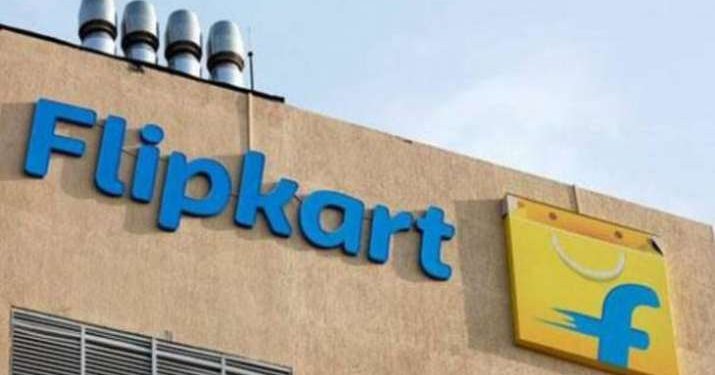New Delhi: Walmart-owned Flipkart announced Tuesday 90-minute delivery for groceries as it seeks to take on Amazon.com and billionaire Mukesh Ambani’s upstart JioMart in the fast-growing Indian market. With the new Flipkart will definitely cause headaches to its competitors.
The hyperlocal delivery service ‘Flipkart Quick’, will also offer 90-minute deliveries of fresh vegetables, meat, and mobile phones. It will initially be available at select locations in Bangalore and would be gradually scaled up and expanded to six large cities by the end of the year, Flipkart vice-president Sandeep Karwa told this agency Tuesday.
India’s USD 950 billion retail market is predicted to grow to USD 1.3 trillion by FY26. Of this, e-commerce business is estimated at around USD 78 billion which is expected to cross USD 100 billion by 2025. And grocery is the latest category where e-commerce firms are slugging it out.
Amazon offers a quick-delivery service for groceries. This segment also has competition from Alibaba-based ‘BigBasket’ and ‘JioMart’ which is experimenting with using WhatsApp to connect consumers with local Kirana stores.
“…everything which we expect our neighbourhood departmental store to carry is all what we made live. Along with this, we’ve also announced the launch of our fruits and vegetables, and meats category. We’ve created a storage space where we’ve enabled a lot of our sellers to store their inventory,” Karwa added.
Online grocery delivery has also gained significant traction amid the COVID-19 pandemic and with the entry of JioMart in the segment, the competition is set to intensify further. Offline retailers, who have taken a major hit on account of the lockdown, are also keen on partnering with digital platforms to facilitate the delivery of goods.
Also read: Now ‘JioMart’, online grocery service launched by ‘Reliance’
In the past few months, Flipkart has tied up with retail chains like ‘Spencers’ and ‘Vishal Mega Mart’ to enable hyperlocal deliveries of groceries and essentials in various cities.
According to a recent report by Goldman Sachs, India’s e-commerce business is expected to grow at a compound annual growth rate (CAGR) of 27 per cent to reach USD 99 billion by 2024, with grocery and fashion/apparel likely to be the key drivers of incremental growth.
The report said ‘BigBasket’ and ‘Grofers’ accounted for more than 80 per cent of the online grocery segment in 2019 but projected that Reliance Industries would capture half of the online grocery sales with the help of its partnership with Facebook.
On competition in the hyperlocal delivery space, Karwa said Flipkart is offering a complete package.
“It’s not a logistics solution or just a marketplace solution, it’s a full complete package that ensures that the right sellers and right logistics partner are in place. Also, our larger differentiation is going to be the quality of products that we deliver…while we are not the first ones to do this (hyperlocal delivery) but I am hoping that we are the first ones to do it right,” informed Karwa.







































